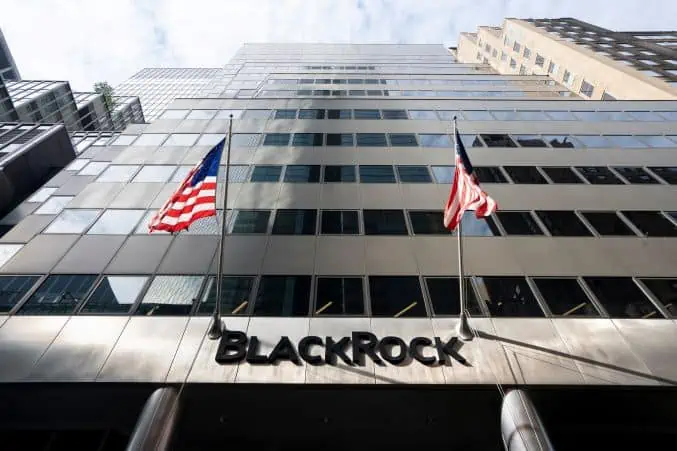
Introduction
BlackRock is the world’s largest asset manager, managing over $10 trillion in assets as of October 2023. Its position is of significant importance as it plays a crucial role in global financial systems and investment strategies. The company’s strategic decisions influence not just private investors, but also governments and institutions worldwide, making it a focal point in discussions about economic stability and corporate governance.
The Rise of BlackRock
Founded in 1988, BlackRock has evolved from a risk management firm into a global investment powerhouse. Accelerated by technological advancements and the increasing shift towards passive investment strategies, BlackRock has gained prominence particularly through its exchange-traded funds (ETFs), branded as iShares. These ETFs appeal to investors for their lower fees and diversification, which has contributed to the firm’s explosive growth.
Current Developments in BlackRock’s Strategy
In recent news, BlackRock has focused on sustainable investing. The firm plans to double its green investments over the next five years, responding to growing global demand for environmentally responsible investment options. Additionally, BlackRock’s commitment to net-zero emissions by 2050 aligns with worldwide sustainability goals, showcasing its influence in driving corporate responsibility.
Furthermore, BlackRock continues to advocate for the incorporation of environmental, social, and governance (ESG) criteria into investment decisions. This approach not only reflects changing consumer preferences but also signals to corporations that sustainable practices are gaining traction among investors.
The Significance of BlackRock’s Influence
Given its vast resources and influence, BlackRock’s policies can steer financial markets and businesses towards sustainable practices. Its voting power in shareholder meetings means it can shape corporate governance, pushing companies to demonstrate transparency and accountability. This influence makes BlackRock a key player in addressing issues like climate change and corporate ethics.
Conclusion
As BlackRock navigates the evolving landscape of global finance, its actions and strategies will likely have far-reaching implications for investors and companies alike. With its commitment to sustainable investment, BlackRock not only bolsters its own portfolio but also paves the way for a more accountable and responsible financial system. Investors keen on future-proofing their portfolios should observe BlackRock’s initiatives, as they hold the potential to shape the investment landscape for years to come.
You may also like

Understanding Tax: Its Importance and Recent Changes

Current Insights on Shell Share Price

Strategies to Enhance Your Savings in 2023
SEARCH
LAST NEWS
- Remembering Wendy Richard: The Promise to Co-Star Natalie Cassidy
- How Did Anglian Water Achieve an ‘Essentials’ Rating for Mental Health Accessibility?
- Shai Hope Leads West Indies in T20 World Cup Clash Against South Africa
- What We Know About Weston McKennie: Future at Juventus and Past at Leeds
- What We Know About the Upcoming Live Nation Antitrust Trial